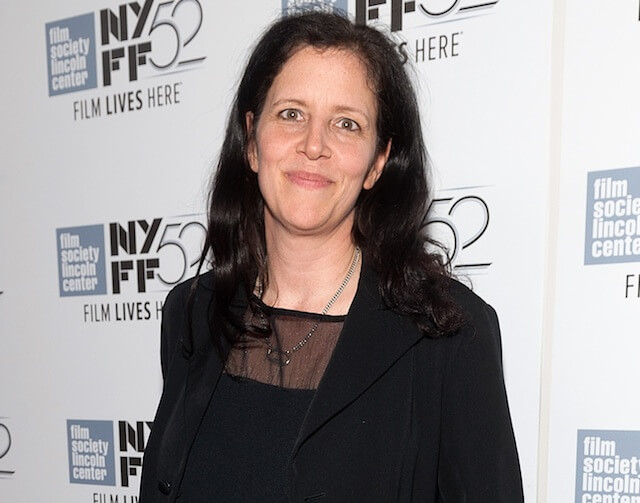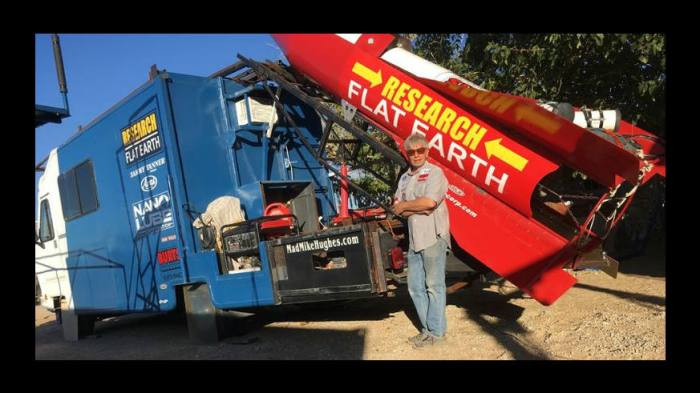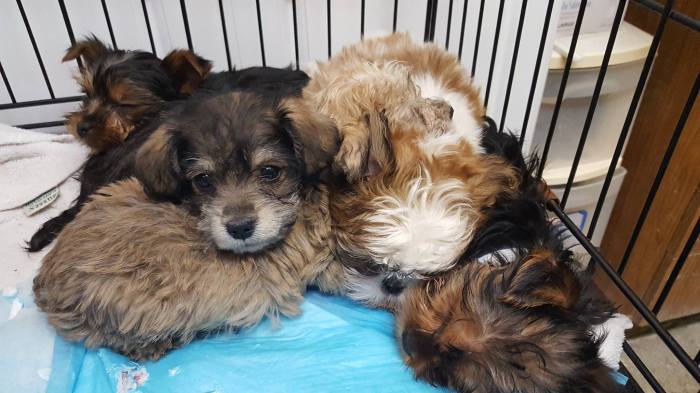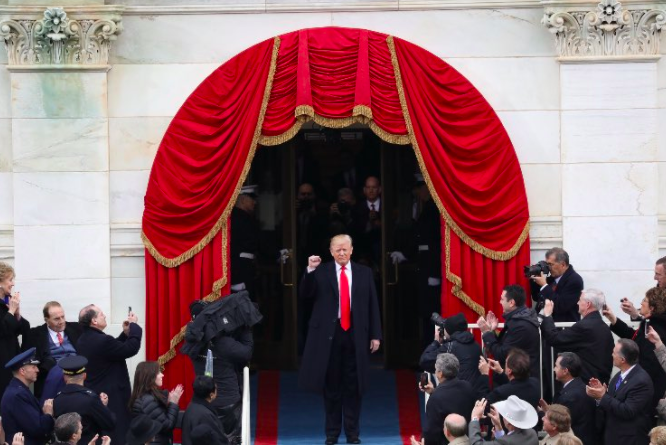When Edward Snowden was seeking a journalist to help leak his considerable and explosive intel, the first one he had lengthy contact with was Laura Poitras. The documentarian had been placed on a watch list, she suspects because, she believes, she made “My Country, My Country,” a 2006 film about Iraq. Poitras was there in the Hong Kong hotel room, with journalists Glenn Greenwald and Ewen MacAskill, in June 2013, when Snowden officially did the deed, her camera rolling as the world outside changed. This nail-biting week takes up half of her resulting film, “Citizenfour,” which finally puts a human face on Snowden. And incredibly Poitras, who now resides in Berlin, was not stopped when she came back to U.S. soil —although she was ready if she had been. Had you previously been back to America since last year?
I stayed away after Hong Kong. I went back to Berlin. Glenn and I did come back in the spring when we received the Polk Award. We talked to a lot of lawyers about the risks, but thought maybe it was a good time to test the waters. We weren’t going to stay away forever. But there was definitely a period when it was pretty dodgy. We thought the government was really acting a little irrationally. We flew in on the same flight and brought an ACLU lawyer with us, just in case they tried to subpoena us. I’ve been back, and we weren’t questioned at the border. There’s been this mystique around the film —a film made in secrecy, that the government doesn’t want you to see, etc.
Honestly there was a bit of that. We made all the distributors and funders come to Berlin. We took away their phones. [Laughs] We had redacted endings. The distributors didn’t know what the ending was for a long time. We had to have lawyers who saw the film, to judge whether or not everything was OK. We did figure out a way to get the film into the country; it wasn’t on the airplane with me. We took a lot of precautions to keep a low profile while we were editing. Did it turn out there was any trouble getting it into the country?
Nope.
Can you talk about having to encrypt the footage itself?
Before we went to Hong Kong I was very aware that I needed a backup system while I was shooting, in case anything happened —that if we got interrupted in Hong Kong the footage would not get confiscated. I had encrypted drives. I backed up everything every day. I had a contact in Hong Kong who was holding backups for me, so I didn’t have everything at the hotel. And I destroyed the original media that couldn’t be encrypted. The SD [memory] cards you can’t encrypt, so I would back them up onto encrypted drives, then put backups in different locations, then destroy the media. I left a set of material in Hong Kong, then went to Berlin and started editing. All the footage was kept on encrypted drives, so if the editing room was ever raided they wouldn’t be able to get the footage. How did he convince you he wasn’t a crazy person?
He gave a me a lot of top secret documents. [Laughs] That’ll do it. It was one of my early questions: “How do I know you’re not trying to entrap me? How do I know you’re legitimate? How do I know you’re not crazy?” He wrote back and said, “You’ll know it’s legitimate once you get the documents and start to ask for comment from officials. You’ll know I’m not trying to entrap you because I’m never going to ask you to do anything and I’m only going to share information with you. Once you have the documents you’ll know.” That was it. It was pretty certain pretty early that he was legit given the specificity he shared in our correspondence. Greenwald was actually the first person Snowden contacted, but he admitted he was annoyed with setting up email encryption.
I was already using encryption. I think he appreciated that I already had some security savvy. That’s what allowed us to communicate, because I was up to speed. If I had not been up to speed this story would have gone to someone else. What was it like initially meeting Snowden face to face?
We were surprised by everything. First and foremost we were surprised by how much younger he was than we had imagined. I had been in correspondence with him for a long time. I was like, “Oh, I misread this.” It took about 24 hours to rewire our brains to that. He’s incredibly calm. He was so at peace with what happened. When he first contacted you, was a documentary already on his mind?
Totally not. In April he said you should be aware I intend to claim my involvement as the source. He asked me to paint a target on his back. He wanted to avoid a scenario where there was a massive leak investigation, where it destroys the lives and careers of countless people. When he told me that I said, “Time out, you need to meet me and I want to film it, so I understand what you’re doing. People are going to speculate about your choices.” And his response to being filmed was no, for two reasons: One was he didn’t want to be the story, which has been a consistent. And he was concerned if we would meet there was a danger that if they came to shut us down, we would be in the same place at the same time, thus posing risks for the larger reporting. He needed assurances that wouldn’t happen, that the risk he was taking wouldn’t be in vain because I wanted to have a face to face. In other words, he had to make sure there were backups, that reporting could continue if anything happened in the meeting. We ended up negotiating where we would meet, but he didn’t reach out to me because he wanted it to be in a film. This isn’t an expository documentary, which just tries to sum up all that’s happened, though it does some of that too. The middle half is a piece of cinema verite —documentaries that hang back and observe things as they happen. There’s a film by Robert Drew called “Primary” that looks at JFK running for office. You get to follow events happening in real time; it’s a primary document of history. Yes, there’s a perspective: I’m filming it, it’s not a recounting of events. It’s the actual events happening. And it’s incredibly dramatic. There’s a feeling of danger, because you don’t know what will happen next. All that danger and risk is present in the moment when you’re doing it. In this case it felt like this could turn out badly for all of us. I was aware we were going to be angering a lot of powerful people. Even just spending time with Snowden, seeing how he behaves and his way of speaking helps fill in gaps in the story.
It certainly debunks certain narratives. If you have a narrative that he’s an agent for a foreign power, you just throw that one away —burn it and flush it down the toilet. It’s completely illogical from what you see. Then you’re presented with a person who makes a decision, then as a viewer you get to decide what to make of him. He really put his life on the line for things he felt the public had an absolute right to know. I agree with him that the public has the right to know. I agree we shouldn’t have secret interpretations of the laws, which then allow them to collect all of our phone records without the public knowing. That’s my opinion. But I also think there’s enough information in the film that you could reach a different conclusion. You could disagree with his motivations. But wherever you come down on it, the false narratives of foreign agents and stuff, those get debunked pretty completely by what you see in the hotel room. And he’s someone willing to do take a risk most people would not be willing to take. The film is a record of that. When was the last time you saw him?
It’s when I filmed the scene with Lindsay [Mills, his girlfriend, who, as the film reveals, recently moved to Moscow to live with him]. My editor and I went to Moscow to show him a cut —not the final final cut, but it was close. They had already agreed that we could reveal in the film that she’s moved to Moscow. It was the first time I met her. She’s a pretty amazing person. She certainly was put through a tough situation. How is he these days?
He looked a lot healthier and a lot happier. His diet has not been particularly great. He seemed in much better spirits, with a little less of the weight of the world on him. The person I met in Hong Kong grew up a lot in a short amount of time. There was a naivete I think is gone now. I don’t think he expected to still be able to engage in these kinds of debates. I think he was prepared for much worse consequences. You filmed the 12-minute introduction to Snowden that was released online after he confessed to the leaks. Polls still show the majority of American disapproving of his methods or finding them unethical. I try to do work that’s complicated, and this idea of opinion polls, thumbs up, thumbs down, I reject those in general. I hope that this provides a more nuanced portrait, and people can make different decisions, not ones based on government talking points. Snowden gave a Skype conference a couple backs back in which he said, among other things, that people should stay off Dropbox, Google, Facebook and others. Are you now off the grid?
He’s right about getting off Dropbox. I still have a Gmail account. But I’ve pretty much migrated everything that I want to keep private off of it. I haven’t been using a cellphone for the last year, because I’ve been going to the editing room and I know that could be used as a tracking device. Clearly, given the reporting I’m doing, I should assume the government’s interested in my whereabouts, and if they want to know where I’m going they’ll have to spend some money. I’m not going to just beam it to them. But now that the film is out in the world, I need to start carrying a cellphone.
Follow Matt Prigge on Twitter@mattprigge
Interview: Laura Poitras on filming Edward Snowden as he made history for ‘Citizenfour’

Getty Images


















